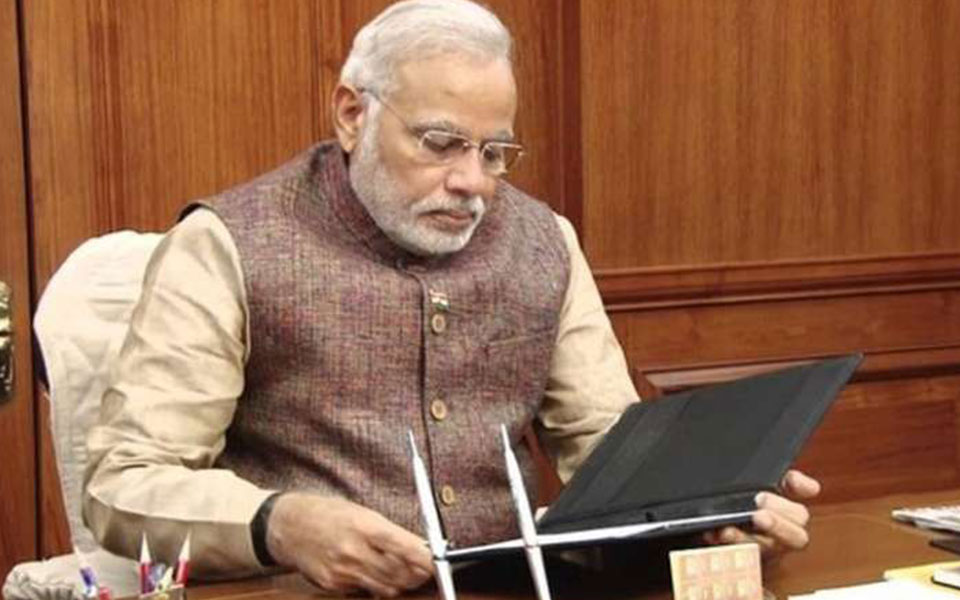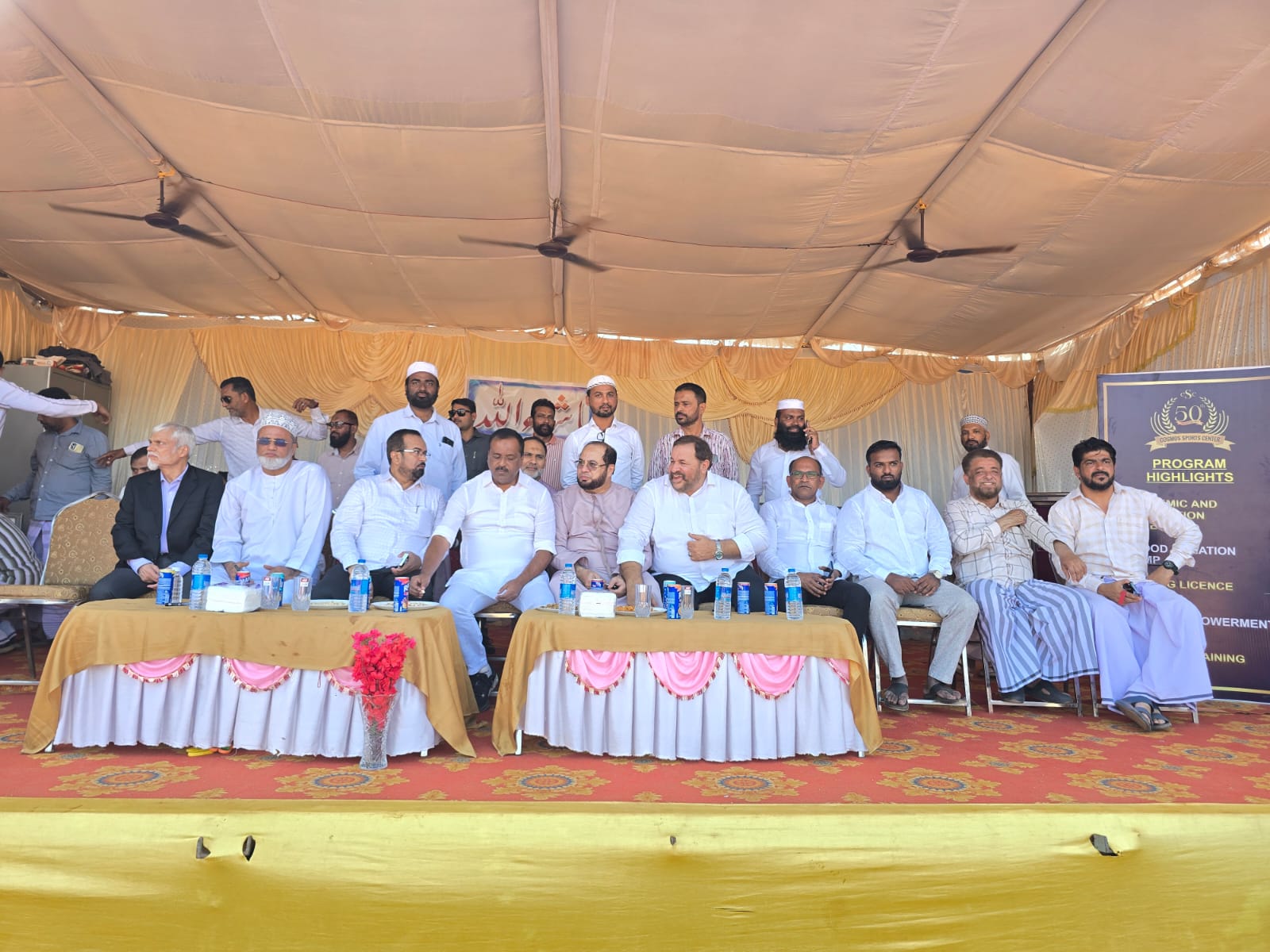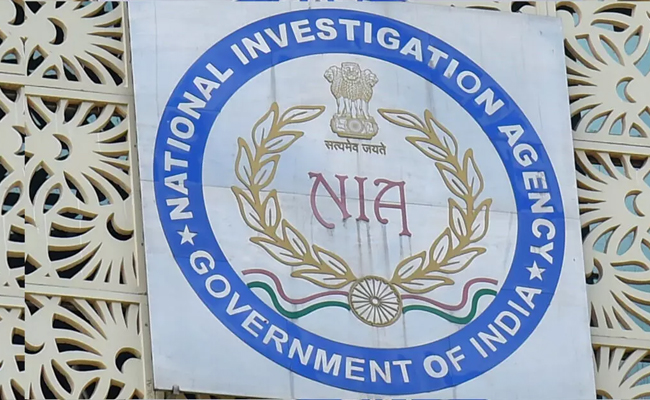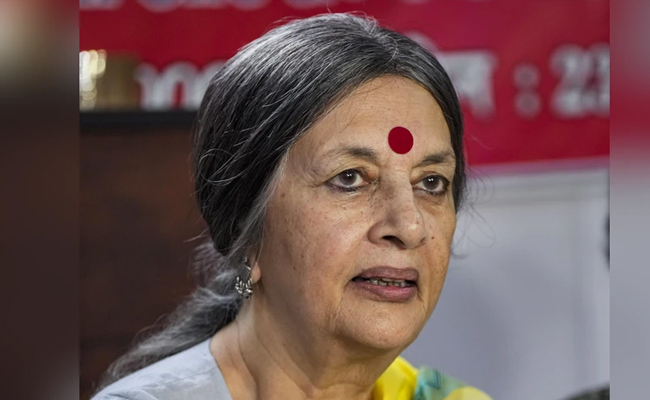Cuttack, May 26: Prime Minister Narendra Modi on Saturday attacked the opposition unity, saying the corrupt leaders were coming together "not to save the country but to save themselves", making an apprent attack on Congress President Rahul Gandhi and his mother Sonia Gandhi.
"Due to the commitment of this government against the black money and corruption, people those who are out on bail in the Rs 5,000 corruption case and many others also involved in corruption cases have come together on the same platform," Modi said while addressing a rally here on the occasion of four years of completion of his government.
He was apparently referring to Gandhis taking bail in the National Herald case and opposition leaders coming together in Bengaluru during the Karnataka Chief Minister H.D. Kumaraswamy's swearing-in ceremony.
"As we promised four years ago about zero tolerance towards corruption, four former Chief Ministers are behind the bars," Modi said.
The Prime Minister also said that this is a committed government instead of the confused government.
"The way in which our government is committed against corruption, this has made the enemies good friends," he said.
"The people of the country are watching them."
"These leaders have not come together for the country but they have come together to save themselves and their families."
He alleged that the opposition leaders want to destabilise the current government. "But people know everything," Modi said.
The Prime Minister also said that the President (Ram Nath Kovind), Vice President (M. Venkaiah Naidu) and the Pradhan Sewak (Prime Servant) of the country come from a very humble and poor background.
"We have seen the days of poverty. And we were not born with silver spoon. In fact we did not see the spoon in our initial days," Modi said, in an apparent jibe at Rahul Gandhi.
The Prime Minister also said that in last four years, the investigating agencies have carried out searches at over 3,000 locations and unearthed over Rs 53,000 crore of the undisclosed money.
Modi claimed that the government even seized properties over Rs 35,000 crore after the Benami Properties Bill was passed by the government.
"It was the committment of the government that passed the Benami Properties Bill, instead of the confused government which delayed it for over 30 years," he added.
Let the Truth be known. If you read VB and like VB, please be a VB Supporter and Help us deliver the Truth to one and all.
Mumbai (PTI): In view of Argentine superstar footballer Lionel Messi's visit to Mumbai on Sunday, the city police are implementing stringent security measures, like not allowing water bottles, metals, coins inside the stadiums and setting up watchtowers to keep an eye on the crowd, officials said.
The police also said taking extra care to avoid any stampede-like situation and to prevent recurrence of the chaotic situation that unfolded in Kolkata during Messi's visit on Saturday as thousands of fans protested inside the Salt Lake stadium here after failing to catch a clear glimpse of the football icon despite paying hefty sums for tickets.
Messi is expected to be present at the Cricket Club of India (Brabourne Stadium) in Mumbai on Sunday for a Padel GOAT Cup event followed by attending a celebrity football match. He is expected to proceed to the Wankhede Stadium for the GOAT India Tour main event around 5 pm.
"In view of Lionel Messi's visit to Mumbai, the police are geared up and have put in place a high level of security arrangements in and around the stadiums located in south Mumbai. Considering the chaos that prevailed in Kolkata and the security breach, we have deployed World Cup-level security arrangements at Brabourne and Wankhede stadiums," an official said.
Expecting heavy crowd near the stadiums during Messi's visit, the city police force has deployed more than 2,000 of its personnel near and around both the venues, he said.
As the Mumbai police have the experience of security 'bandobast' during the victory parade of ICC World Cup-winning Indian team and World Cup final match at the Wankhede Stadium, in which over one lakh cricket fans had gathered, we are prepared to handle a large crowd of fans, he said.
"We are trying to avoid the errors that occurred in the past," the official said.
There is no place to sneak inside the stadiums in Mumbai like the Kolkata stadium, according to him.
The police are also asking the organisers to provide all the required facilities to the fans inside the stadium, so that there will be no chaos, he said, adding the spectators have purchased tickets in the range of Rs 5,000 to 25,000. After paying so much of amount, any spectator expects proper services, while enjoying the event, he said.
The police are expecting 33,000 spectators at the Wankhede Stadium and over 4,000 at Brabourne Stadium. Besides this, more than 30,000 people are expected outside and around the stadiums just to have a glimpse of the football sensation, he said.
The organisers responsible for Messi's India visit recently came to Mumbai to discuss security arrangements. During the meeting, the Mumbai police asked them not to take the event lightly, according to the official.
After those requirements were fulfilled, the final security deployment was chalked out, he said.
Police has the standard procedure of the security arrangements inside the Wankhede Stadium, where people are barred from taking water bottles, metals objects, coins. Police are setting up watch towers near the stadiums and there will be traffic diversions, so that there is maximum space available to stand, according to the official.
Police are also appealing to the spectators to use public transport service for commuting and avoid personal vehicles to reach south Mumbai.
To avoid any stampede-like situation, police are also taking precautionary measures and will stop the fans some distance ahead of the stadium and public announcement systems will be used to guide the crowd. Barricades will be placed at various places to manage the crowd.
In case the crowd swells up beyond expectation, the police will divert people to other grounds and preparations in this regard underway, he said.
Additional police force has been deployed in south Mumbai to tackle any kind of situation, he said.





